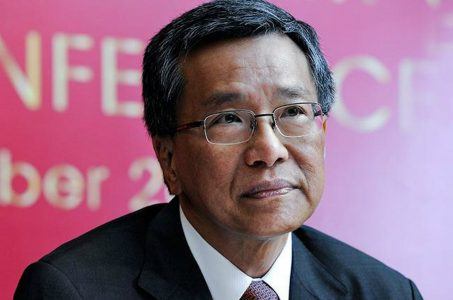New York State Casino Closings Could Impact Schools, Cities with Budget Crunch
Posted on: August 20, 2020, 01:49h.
Last updated on: August 20, 2020, 02:33h.
With commercial casinos closed in New York because of coronavirus concerns, tax money from gaming is expected to be down about $600 million, according to the state budget office.

About 80 percent of gaming tax revenue goes to education. The other 20 percent is sent to municipalities.
That means schools and cities are slated to receive less money from gaming during this fiscal year, which began April 1, compared to the one prior. However, the loss will be offset by money from the state general fund, as New York State Division of the Budget Press Officer Freeman Klopott told Casino.org.
Even so, New York’s budget, facing an overall shortfall of $14.5 billion, will need a cash infusion from Washington, D.C., he said.
The state needs federal support to offset its revenue losses or we will have no choice but to permanently reduce spending, which would be devastating to schools, health care, police and fire departments,” Klopott told Casino.org in an email.
New York State United Teachers President Andy Pallotta said “the last thing” New York should do is cut education funding.
“If the federal government fails to provide those resources, New York lawmakers need to take action by taxing the ultra-wealthy and using rainy day funds and borrowing authorities to provide our schools the resources they need to reopen safely,” he said in a statement emailed to Casino.org.
Casino Workers Protest At Capitol
This comes as casino workers held a rally on Thursday, Aug. 20, outside the Capitol in Albany, demanding casinos be reopened so employees can start working again. Gov. Andrew Cuomo (D) directed casinos to close in mid-March, as COVID-19 deaths were on the rise in the Empire State.
The rally drew about 50 protesters, a New York State Police trooper at the Capitol — who wished to remain anonymous — told Casino.org. State police provide troopers to guard the Capitol building daily.
Many people participating in the rally wore masks and maintained social distancing as they marched around the building, the trooper said. The event lasted more than an hour.
The governor recently issued a directive allowing gyms and fitness centers to reopen with coronavirus protections in place. He has not set a timetable for when he will permit casinos to reopen.
“New York state has been following the data and latest science on the virus to re-open the economy safely, and we are doing the same when it comes to casinos,” state budget spokesman Klopett told Casino.org.
The Empire State is home to four commercial casinos and eight video-only sites, such as racetracks. The New York Gaming Association — which represents the video-only venues — notes its members “have generated $8.3 billion for education since 2004.”
“The indirect economic impact of this funding for education was $561 million in 2017, and the total economic impact, both direct and indirect, is $1.4 billion,” according to the association’s website.
The four commercial casinos are not affiliated with the association, Michael Kane, New York Gaming Association president, told Casino.org.
New York’s 13 tribal casinos do not fall under the state’s jurisdiction. Most are open.
Positive COVID-19 Cases Remain Low
The governor said the rate of positive COVID-19 tests was under 1 percent statewide for 13 straight days as of Aug. 20. He also said hospitalizations dropped to 518, the lowest total since March 18.
“We went from one of the worst situations in the nation to the best, all thanks to the hard work of New Yorkers and our data-driven, phased reopening,” Cuomo said this week. “The reason we’re doing well is because we’re being smart.”
He cautioned that the coronavirus pandemic is “not over by any stretch of the imagination.”
“We must protect our progress, both from the growing cases across the nation and lack of compliance within our state,” he said. “We cannot go backwards, and it is up to all of us to slow the spread by continuing to wear our masks and socially distance, and localities must enforce compliance.”
Related News Articles
Genting Group Focused on Japan, Predicts ‘Fierce’ Bidding War
Most Popular
Mirage Las Vegas Demolition to Start Next Week, Atrium a Goner
Where All the Mirage Relics Will Go
Most Commented
-
Bally’s Facing Five Months of Daily Demolition for Chicago Casino
— June 18, 2024 — 12 Comments -
Chicago Pension Mess Highlights Need for Bally’s Casino
— July 2, 2024 — 5 Comments
















No comments yet